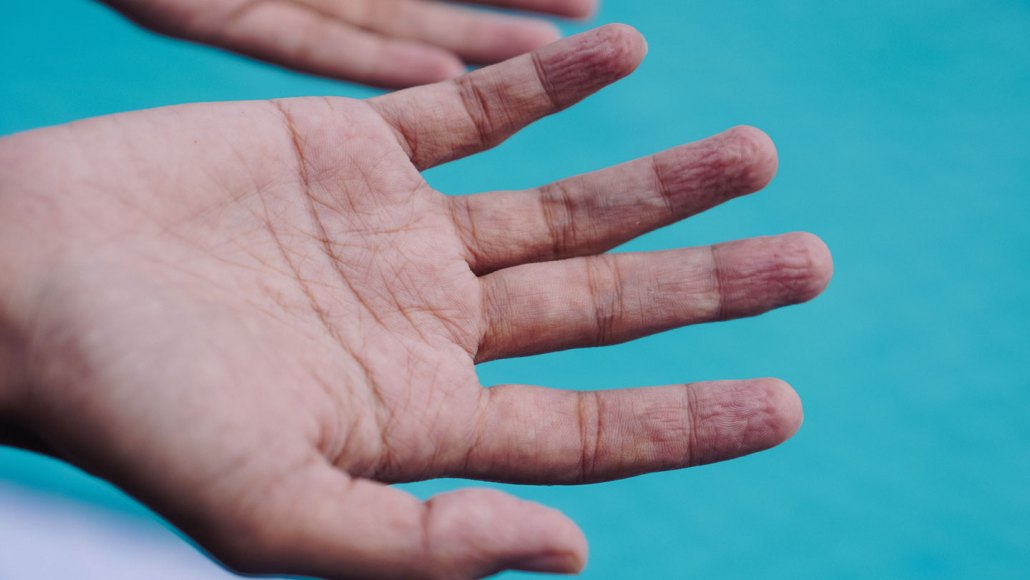
Health & Medicine
Wet fingers always wrinkle in the same way
Pruney fingertips aren't swollen sponges — the wrinkles actually come from blood vessels constricting and pulling skin inward.
Every print subscription comes with full digital access

Pruney fingertips aren't swollen sponges — the wrinkles actually come from blood vessels constricting and pulling skin inward.
We summarize the week's scientific breakthroughs every Thursday.

The new framework unveiled May 20 says new COVID-19 shots should go only to those ages 65 and up or with underlying medical conditions.

Experts explain the science behind Biden's advanced prostate cancer diagnosis, including how common it is and what treatments are available.

Kanzi showed apes have the capacity for language, but in recent years scientists have questioned the ethics of ape experiments.

The Salmon Cannon and the Levitating Frog contends that curiosity-driven research helps us understand the world and could lead to unexpected benefits.

Two preventive tools — a maternal vaccine and a monoclonal antibody — were tied to a recent drop in RSV hospitalization rates for U.S. babies.

Fluoride supplements have been used in the United States for decades and have proven to be safe and effective for decreasing cavities.

The Teal Wand, an at-home HPV testing device that could replace a Pap smear, could broaden access to cervical cancer screening.

Placebo testing has been part of the process since the 1940s. It’s unclear what additional measures would achieve — but it may slow development.

A study in Uganda shows how often chimps use medicinal plants and other forms of health care — and what that says about the roots of human medicine.